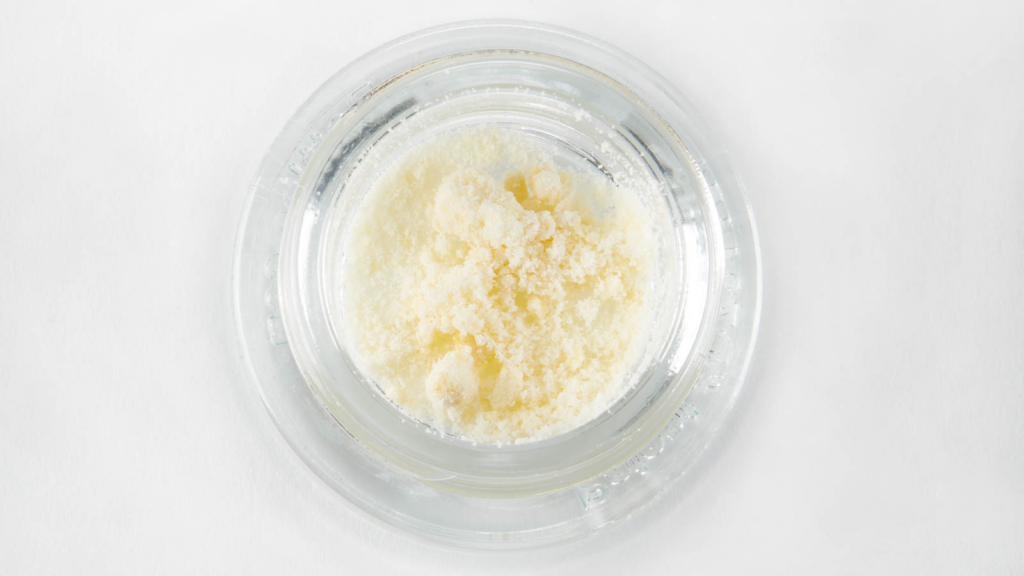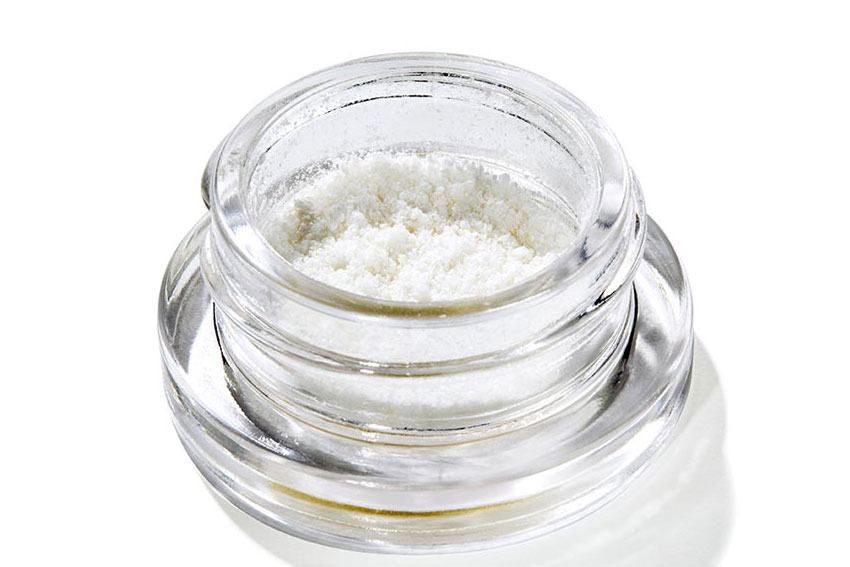As CBD oil has gained popularity around the world, the industry has adopted a plethora of new terms to describe the various products on the market. In an effort to set themselves apart from rivals, businesses have developed numerous CBD oil varieties and CBD product formats. So that you can understand what CBD is and how it may help you, we’ve put together this article.
There are a few terms you’ll come across when reading about CBD oil that you need to be familiar with before we can get into the specific varieties. If you’re on the hunt for CBD, you might get lost in the jargon if you try to do so. It’s not uncommon for people to get “CBD concentrates,” “raw CBD oil,” and “PCR Hemp oil” or “PCR CBD oil” mixed up.
CBD Isolates
Cannabidiol isolates refer to CBD extracts that have exceptionally high cannabidiol (CBD) concentrations. For this reason, concentrates are the best bet when shopping for CBD products. Different types of concentrates include: extract (CBD oil), crystals and isolate, shatter, distillate, crumble, and wax.
Cannabidiol concentrations in these ultra-potent goods typically range from 45-99.99 percent. The idea behind these items is that you can get a substantial amount of CBD with a reduced dose and in a shorter amount of time. You should also know that CBD concentrates are the same as CBD extracts, but not all concentrates are CBD extracts. You can read more about Things to expect after using medical cannabis by visiting http://cataract-operation.com/things-to-expect-after-using-medical-cannabis/

CBD oil in its raw form
Raw CBD oil is produced without the use of any heat or solvents. CO2 extraction is the standard method for producing Raw CBD oil. The full spectrum of cannabinoids, including CBD and CBDa, are preserved in the final product because so much of the original plant remains intact during and after the process. The final product includes all of the cannabinoids as well as the terpenes and pigments.
The three most common forms of CBD oil are:
There’s CBD isolate, Full Spectrum CBD oil, and Broad-Spectrum CBD oil.
The concentrations of individual compounds are what is set apart in broad-spectrum, full-spectrum, and CBD isolate. All of the cannabinoids and other plant compounds are present in full-spectrum CBD. Unlike broad-spectrum CBD, which only includes nonpsychoactive cannabidiol, full-spectrum includes THC. Isolate forms of cannabidiol, or CBD, are typically sold in powdered or crystallized form.
Why do we need CBD to isolate?
CBD isolate is the purest form of CBD oil because it contains nothing but CBD (cannabidiol) and no additional cannabinoids, terpenes, or beneficial fatty acids from the cannabis plant. Isolate is typically sold as a crystal or powder, but some companies offer it as an oil.
As with other CBD oils, this one is extracted from the hemp plant. Cannabidiol (CBD) is separated out after cannabinoids are extracted. Finally, it is chilled in a procedure called winterization, which eliminates any remaining impurities.

When in crystal, powder form or in oil, isolate is usually taken sublingually, but it is frequently vaporized. Isolate CBD has a number of advantages over other forms of cannabidiol (CBD), including its lower cost and absence of the psychoactive compound THC.
The Full-Spectrum CBD Oil: What Is It?
When compared to CBD isolate, full spectrum CBD oil is vastly superior. This is because full spectrum CBD oil contains not only CBD but also all of the other cannabinoids (including THC), terpenes, and fatty acids found in the cannabis plant. The term “full spectrum” refers to the fact that full or whole plant extracts of CBD are used.
Full spectrum extracts are oils that have been refined through the cannabinoid extraction process but in which no cannabinoids or other compounds have been removed during the refining process. Although full spectrum CBD contains some THC, it is not enough to cause intoxication. Nonetheless, a roadside mouth swab test is likely to detect it.
Many of the other chemical compounds and cannabinoids present in a full-plant extract, in addition to CBD, have therapeutic effects, adding to the value of full-spectrum CBD oil. Terpenes, which are found in cannabis, are known to have anti-inflammatory effects. Some believe that the therapeutic effects of CBD are amplified when combined with the other cannabinoids present in a whole plant extract.
Researchers have found that the medicinal effects of CBD oil were enhanced when the oil contained a full-plant extract in addition to the CBD. The entourage effect, which describes the positive effects of chemical synergies, is realized because the oil contains all of the cannabinoids and other chemical compounds.
The Broad-Spectrum CBD Oil
CBD oils that contain both CBD isolate and full spectrum CBD are referred to as broad-spectrum CBD oils. Except for THC, it contains all the other beneficial chemical compounds, so you may experience some of the entourage effect’s positive effects.
The availability of broad-spectrum CBD oil differs from that of other forms of CBD oil. Broad spectrum CBD oil is extracted in the same way as its counterparts. The final steps of processing remove the THC from the extract, making broad-spectrum CBD oil a viable option in jurisdictions where the drug is prohibited. Therefore, if a drug test is screening for THC, broad-spectrum CBD oil will not show up.
CBD tincture vs. CBD oil
After learning about the various CBD oils and products on the market, it’s time to learn about the various carrier agents that can be used to transport CBD. In order to consume CBD and other cannabinoids, a carrier agent must be used as the foundation. CBD oils and tinctures may appear identical to the untrained eye, but there are significant differences between the two.
What sets a CBD tincture apart from CBD oil?
When it comes to cannabidiol (CBD), the carrier makes all the difference between an oil and a tincture. The oil utilized in CBD oil products acts as the CBD’s “carrier.” The other form of CBD, a tincture uses alcohol as its carrier. The only thing they have in common is that they are both liquids; this is true regardless of the cannabis concentrate.
To know more about CBD oil uses and benefits, and how it can help with your health conditions, you should book a consultation session with a CBD specialist at Chronic Therapy today, for accurate and effective solutions.

